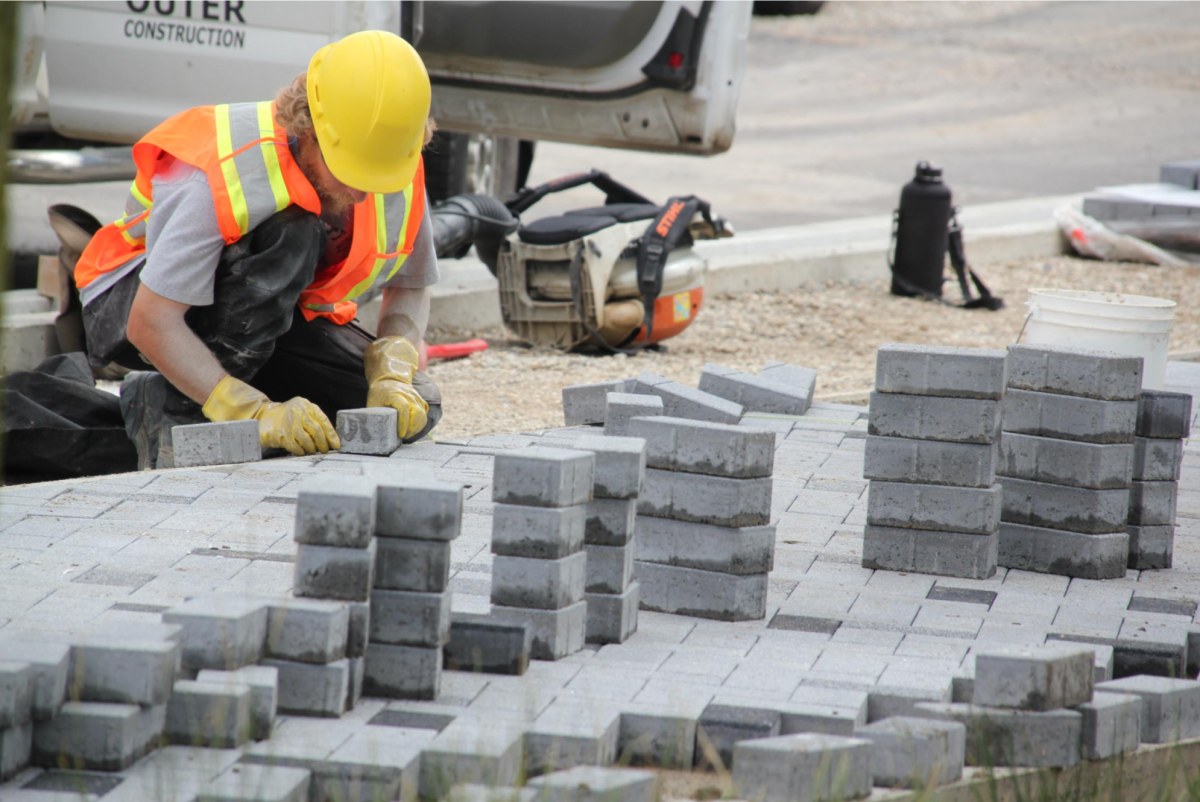London, Ont.’s, 2023 construction season is shaping up to be the busiest in the city’s history and local environmental agencies in the Forest City are weighing in.

More projects are planned this year compared to previous years, valuing a total of just over $200 million. The previous record that the city had spent for road construction was around $190 million.
According to construction and infrastructure services, the city plans to reconstruct 80 kilometres of roadway, add or replace 20 kilometres of sanitary and storm sewers, rebuild 12 kilometres of water main and construct 25 intersections.
City officials said the major projects are vital to helping support the fast-growing population.
“It is a big reminder that infrastructure is expensive and it’s not just when we create new roads through expanding our urban boundary, but it’s also maintaining the infrastructure we have today,” explained MaryAnn Hodge, co-founder of Climate Change London.
“I have seen that, in the last number of years, city council has been unwilling to put money to funding the maintenance of that infrastructure repair gap, which is in the millions of dollars,” she continued. “I’m happy to see that they’re finally allocating some money to infrastructure improvements, and remembering that it’s not just road repair, but it’s all of the services underneath the road, the sewer, the water, and all of that.”

From an environmental perspective, Hodge said that things such as proper road repair are only going to increase in need and frequency due to climate change.
“With climate change, the weather is going to be more unpredictable, more of this freezing and thawing, which is really hard on our roads,” she said. “We need to understand that infrastructure costs are actually going to keep going up and even though the weather is going to become milder, it’s actually going to be harder to maintain our road infrastructure.”
However, Hodge added that “the more that we can reduce our dependency on roads for transportation, the less costly that’s going to be for everyone in the city.”
“We do know that the greatest cause of greenhouse gases in London is pollution from personal vehicles,” she said. “So, the more that we can encourage other forms of transportation, like public transit and walking and biking, it will not only be better for our personal health, but also for the health of the environment in the city.”
Along with the roadway construction, 16 kilometres of new bike lanes and 14 kilometres of new sidewalks are scheduled to be added, in addition to 26 kilometres of existing sidewalks being replaced.
In an email to Global News, a spokesperson for the London Environmental Network said that, according to the City of London’s Climate Emergency Action Plan, “municipally-led projects will focus on implementing low-carbon construction,” something the agency says they are “definitely in support of seeing.”
Hodge added that “the fact that London is currently a car-centric city, doesn’t mean we always have to stay that way.”
On the topic of driving, according to a national report, London was ranked the fifth worst city to drive through in Canada, behind Toronto, Vancouver, Winnipeg and Montreal.

The data from TomTom published earlier this year outlined that travel time increased in London in 2022 as Londoners spent an estimated 47 hours in rush-hour last year, an increase over seven hours from the year before.
Hasan Savehilaghi, president of Yellow London Taxi, said traffic in the city has only gotten worse over the years.
“I have been living in London since 1991, so just over three decades, and it has gotten worse for sure and it’s not going to get better at all,” he said.
The data from TomTom also highlighted in its report that the worst day to travel through London last year was on Dec. 23. Additionally, the worst time to drive in the city during the week is on Thursdays between 4 p.m. and 5 p.m.
But according to Savehilaghi, “you can’t tell” what the worst time is, suggesting all hours are equally bad for traffic.
“The City of London is basically becoming a highway for many other small cities across the province,” he said.
“We’re close to the 401 and 402 (highway series), and then having so many hotels and so many occasions taking place in London, with concerts or other big social events, all of that just immediately adds to the traffic in the city,” Savehilaghi said.
When asked the question of if there are any good areas to drive through in London, he responded with “absolutely not.”
“I would say every evening, especially when Fanshawe College and Western University students are in the city and those in the downtown area, close to shopping malls, Fanshawe Park, Richmond, Adelaide, all those roads and streets are jammed,” he said.
“London is one of the largest cities in North America without an urban expressway serving in the metropolitan area,” Savehilaghi continued. “The other thing is that the infrastructure for the City of London has simply never been ready for such a population explosion.”
Going back to Hodge, she said that in regard to road construction and the future, there are a number of things residents should be thinking about.
“As a society, we really need to think about how we want to move around the city, and do we want the city to be full of roads and parking lots, or do we want them to be filled with trees and parks and have a healthier infrastructure?” she said.
“As we think about the future, we have to kind of let go of the constraints that we think about in terms of where we are today.”
More information on each road construction project for this year can be found at www.london.ca/roadconstruction.








Comments